" IF YOU ARE NOT CAREFUL, YOU WILL HAVE TO HIRE ALL FOREIGNERS"
On February 20, the University of Transport Technology (GVTV) signed a cooperation agreement with Vietnam Railways Corporation (VNR) to promote the strengths of both sides, improve the quality of human resources and promote research and application of science and technology in the railway sector. At the signing ceremony, Mr. Hoang Gia Khanh, General Director of VNR, said: "In the next 10 years, all state resources will basically be devoted to the operation of the railway sector, including national railways and urban railways. As planned, we must start construction of the Hanoi - Lao Cai railway before December 10 this year and complete it before 2030. Therefore, we must organize human resource training right now."
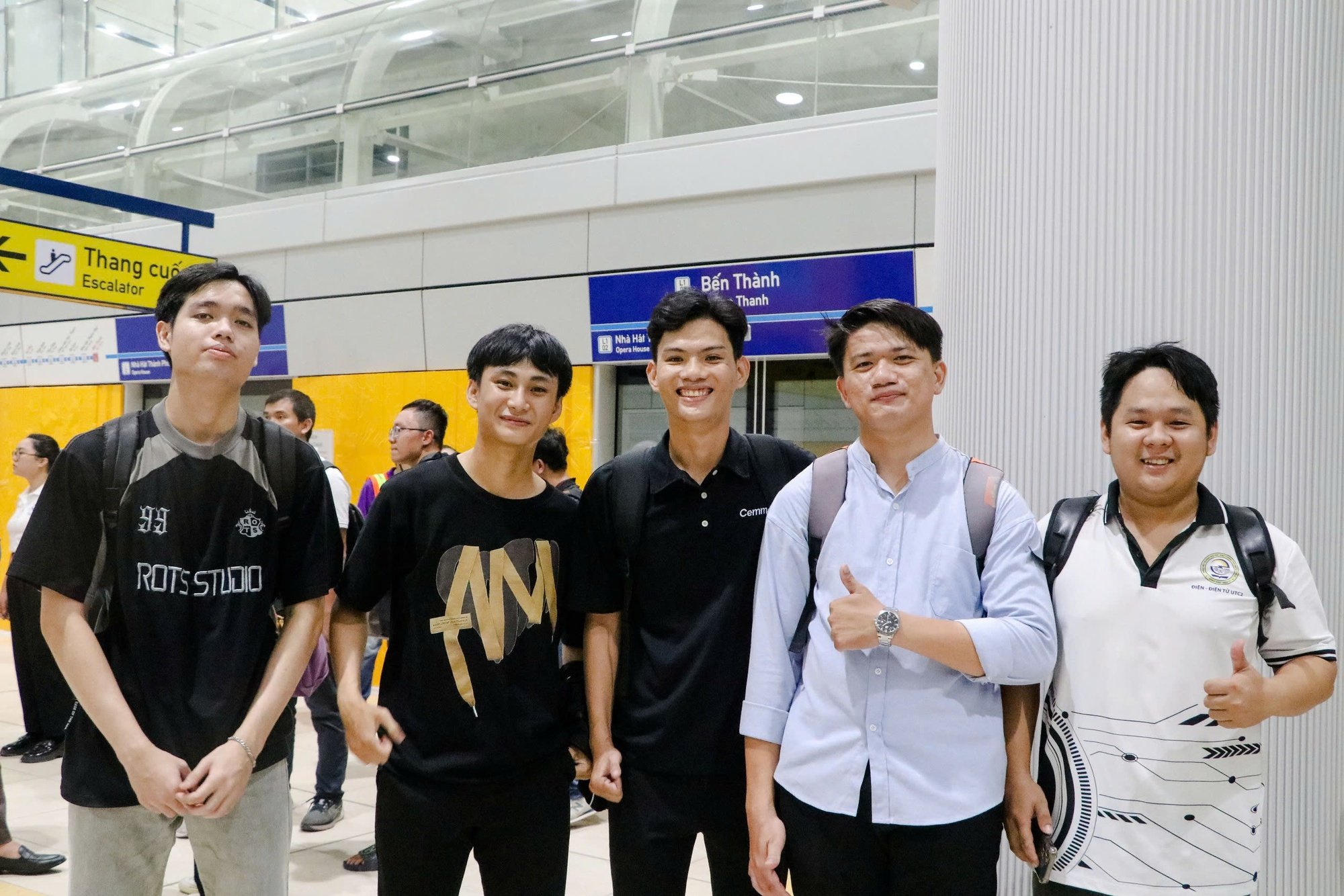
Students of the University of Transport do an internship at the Ben Thanh - Suoi Tien Urban Railway Project (HCMC)
Also at this event, Mr. Nguyen Cao Minh, Head of the Hanoi Urban Railway Management Board, said that by 2035, Hanoi must complete 300 km of urban railway. This is a challenging goal in the context of a very low starting point. In the past 20 years, Hanoi has only completed 2 inner-city railway lines, and encountered many difficulties during the implementation process, one of the reasons being the problem of human resource quality. "Not only is recruitment difficult, but recruitment is also very difficult, from workers to engineers to experts. Up to now, finding experts in railways and urban railways is very difficult. The immediate challenge is that in the construction process, inspection is required, a quality inspection center is needed, everything must be hired from abroad, very difficult".
Recently, the National Assembly's Committee on Science, Technology and Environment (KHCN-MT) has also surveyed a number of schools that train in the railway industry. According to Dr. Ta Dinh Thi, Vice Chairman of the Committee, looking at the current state of the schools' facilities as well as the conditions of the teaching staff and experts, the situation is very difficult. Current resources mainly rely on student tuition fees, while not many people study railway-related majors. "We see that training human resources for the railway industry is an urgent issue. Schools are facing many difficulties, but the reality requires high standards. In the near future, we will have to adopt new technology. If we are not careful, we will have to hire all foreigners," Dr. Ta Dinh Thi shared.
Mr. Tran Van Khai, Standing Member of the National Assembly's Committee for Science, Technology and Environment, also commented: "China builds thousands of kilometers of high-speed railway each year. With the same number, we set a target of 5-10 years, but can we do it? Looking at the current situation and requirements, it is really very impatient."
WHEN THE MARKET IS STILL IN… THE FUTURE
According to experts, there are three problems that create the quality of human resource training for the railway industry that Vietnam is currently facing: lecturers, facilities, and learners. In which the first two factors indirectly affect the third factor (learners), because the lack of good teachers and modern teaching equipment makes learners more frustrated and indifferent to the railway industry.
However, the most difficult problem is still attracting more students, especially good students, to study majors serving the railway industry. According to Associate Professor Ngo Van Minh, Deputy Head of the Department of Innovation and Technology Transfer at the University of Transport, with human resources serving the railway industry, we cannot let the market operate on its own, because in reality, the modern railway job market is still in the future. "Railway projects are in the investment and construction project planning stage, no projects have been implemented yet. The demand for railway engineers is in the future, not the present. Therefore, it is not possible to attract students to study, which is the reason why few students choose to study railway majors," said Associate Professor Ngo Van Minh.
According to Associate Professor Ngo Van Minh, preparing human resources for a labor market that does not yet exist is the primary responsibility of the state, along with the participation of businesses. Training a railway engineer does not only take 2-3 months but at least 4.5 years. Thus, there must be at least 5-7 years of preparation in advance (because there is also training of experts to have good teachers).
Currently, universities have a general policy to support tuition and living expenses exemptions for students in difficult circumstances and provide scholarships from the budget and non-budgetary sources. However, no university has a separate policy for students, trainees and postgraduates in the railway industry due to insufficient resources. "To attract students, the state needs to have a policy of exempting/reducing tuition fees for students studying the railway industry. Priority should be given to expanding preferential interest rate study loan policies specifically for railway students," Associate Professor Ngo Van Minh proposed.
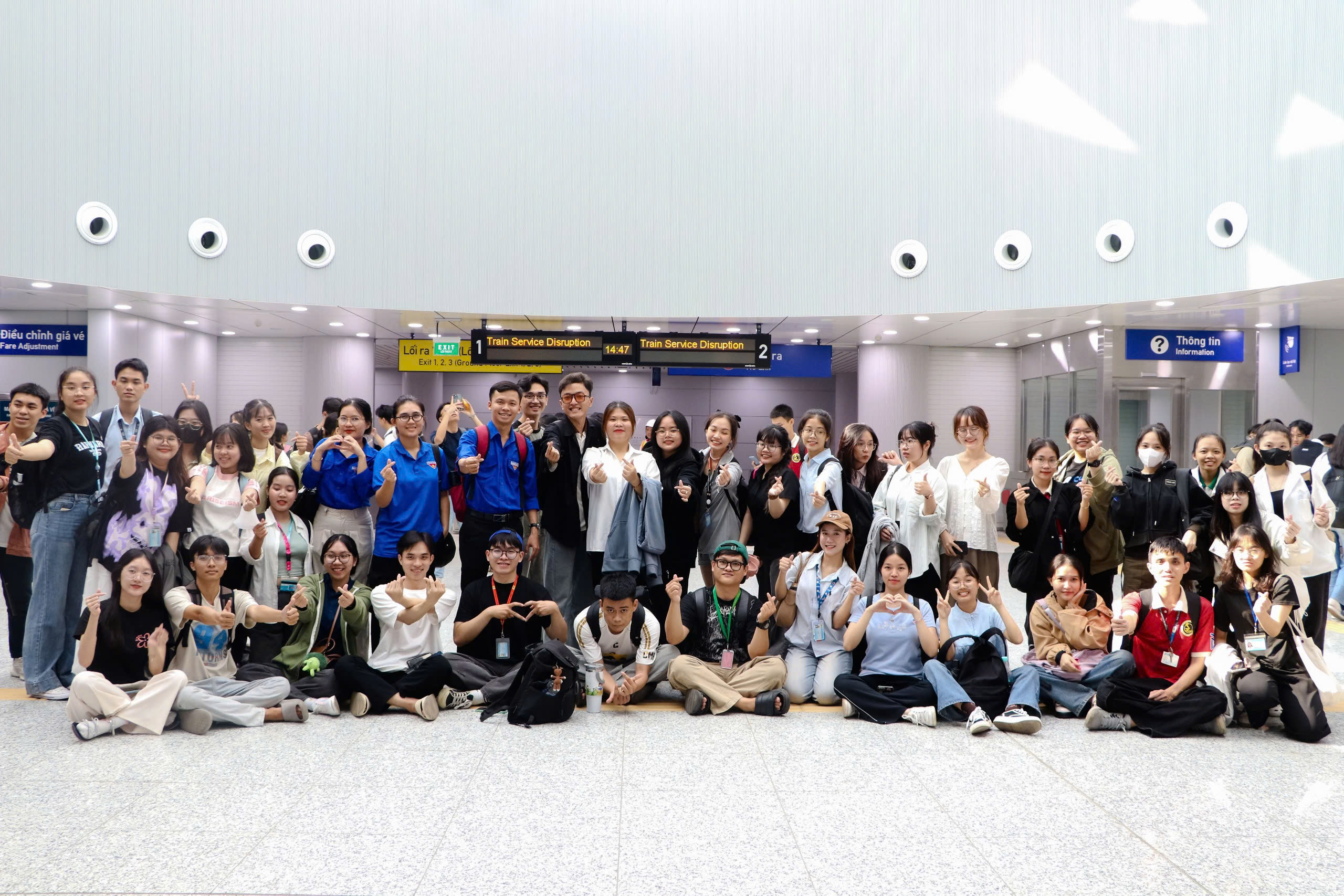
According to experts, the most difficult problem is still attracting many students, especially good students, to study majors serving the railway industry.
THERE SHOULD BE AN ORDERING MECHANISM
According to Dr. Nguyen Ngoc Son, Standing Member of the National Assembly's Committee on Science, Technology and Environment, without a breakthrough policy, it will be difficult to attract high-quality human resources for the railway industry. Granting scholarships and exempting tuition fees to attract students only solves the problem on the surface, because most students when choosing to study a certain major/specialization are often influenced by the future prospects of the major. If the future is guaranteed a job with a good income, the attraction will certainly be greater than if only scholarships or exempting tuition fees are granted.
"With the draft revised Railway Law (currently being drafted - PV), the agency in charge of drafting the draft law should include the content of ordering training for human resources for the railway industry. Our current context is that we need to meet the demand for high-quality staff in a short time, so we need to include a clearer and more specific policy in the law, which is to have a policy of ordering training for universities, and even designate universities with available potential in terms of lecturers, facilities, and training programs to receive these orders," Dr. Nguyen Ngoc Son proposed.
Similarly, Associate Professor Nguyen Thanh Chuong, Chairman of the Board of the University of Transport, said: "The tuition-free policy has brought success in the quality of enrollment for the fields of education, police, military, etc. However, for fields with a narrow labor market such as the railway industry, I am afraid that the tuition-free policy will not be enough to attract students. Because after finishing their studies, students still face the risk of not having a job. Perhaps we should expand incentives and add an order policy for training human resources in the railway industry."
Warning of "going from one extreme to another"
Mr. Nguyen Ngoc Dong, former Deputy Minister of Transport, warned of the situation moving from one extreme to another. "For many years, no one needed it, now suddenly the demand is very high, so schools rush to train, what will happen? Therefore, it is necessary to determine the training needs, there must be a focal point to do this. Then there is a specific training roadmap, because at a certain threshold, the quota must be reduced. Our lesson is still there, when there was a time when we rushed to recruit road engineers, but then we could not recruit because the market was congested with labor," Mr. Nguyen Ngoc Dong expressed his opinion.
He added: "Regarding the training program, we should not "smash and rebuild". There are no high-speed railway engineers, but railway engineers. That means students must first learn about railways, then learn some additional subjects according to job requirements such as control, signal information, train dynamics, aerodynamics... The world is the same, on the basis of the basic program, they add some specialized subjects to the curriculum".
Source: https://thanhnien.vn/nghich-ly-dao-tao-nhan-luc-nganh-duong-sat-cap-hoc-bong-mien-hoc-phi-la-chua-du-185250221221618505.htm



![[Photo] General Secretary To Lam receives Russian Ambassador to Vietnam](https://vstatic.vietnam.vn/vietnam/resource/IMAGE/2025/4/2/b486192404d54058b15165174ea36c4e)


![[Photo] Prime Minister Pham Minh Chinh receives CEO of Standard Chartered Group](https://vstatic.vietnam.vn/vietnam/resource/IMAGE/2025/4/2/125507ba412d4ebfb091fa7ddb936b3b)
![[Photo] Prime Minister Pham Minh Chinh receives Deputy Prime Minister of the Republic of Belarus Anatoly Sivak](https://vstatic.vietnam.vn/vietnam/resource/IMAGE/2025/4/2/79cdb685820a45868602e2fa576977a0)
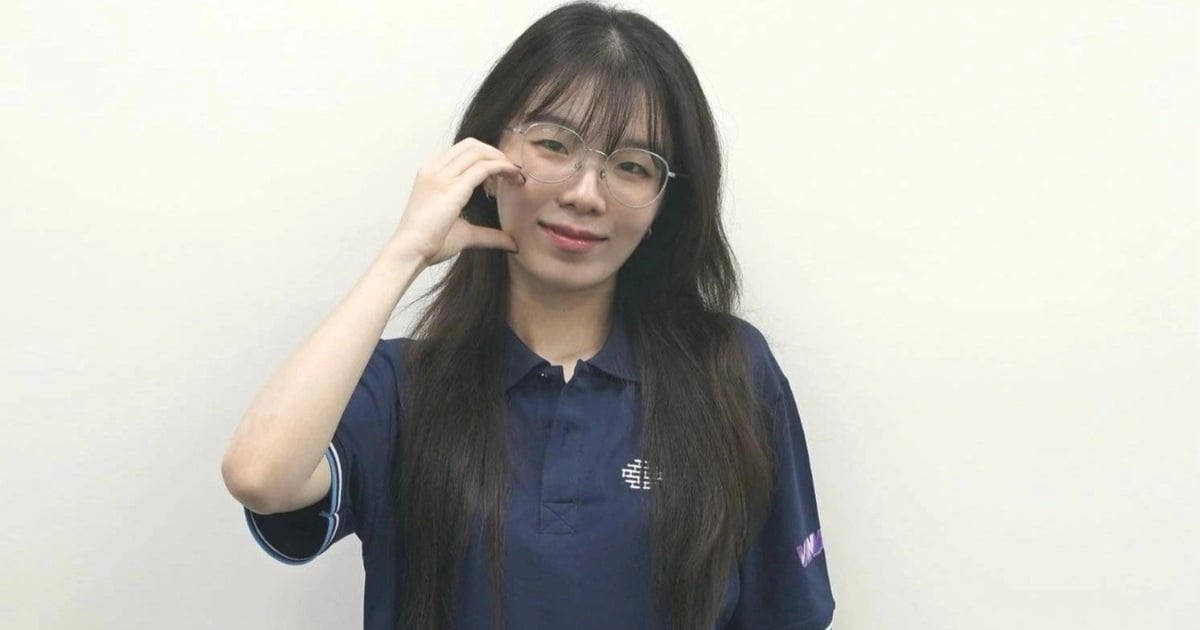

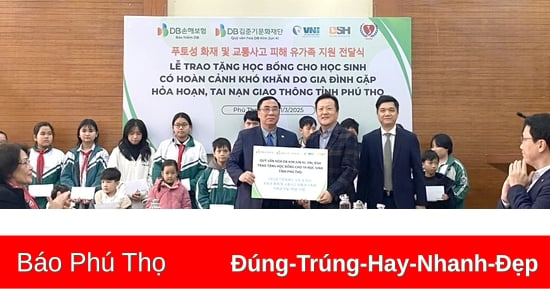

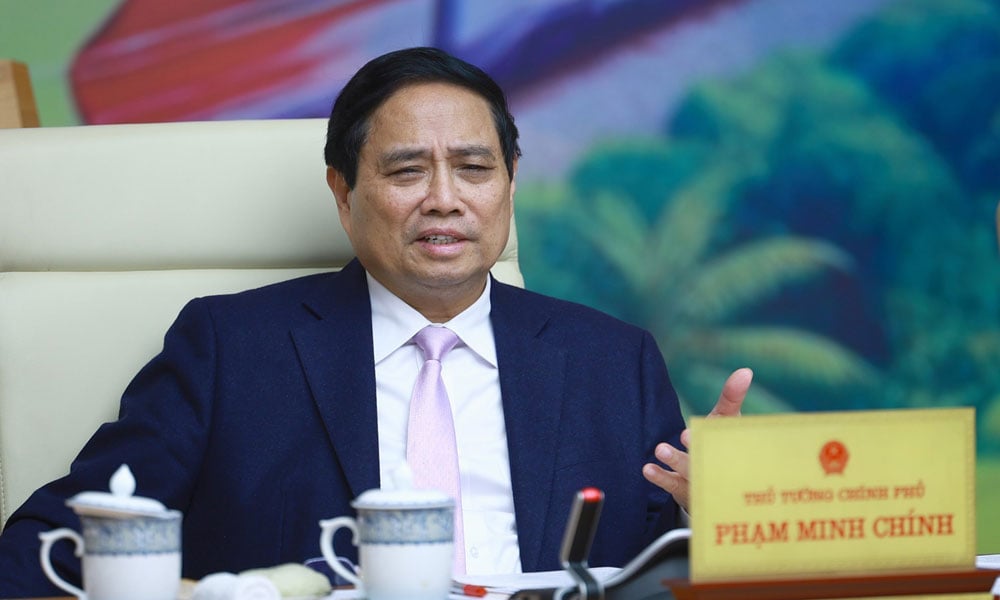

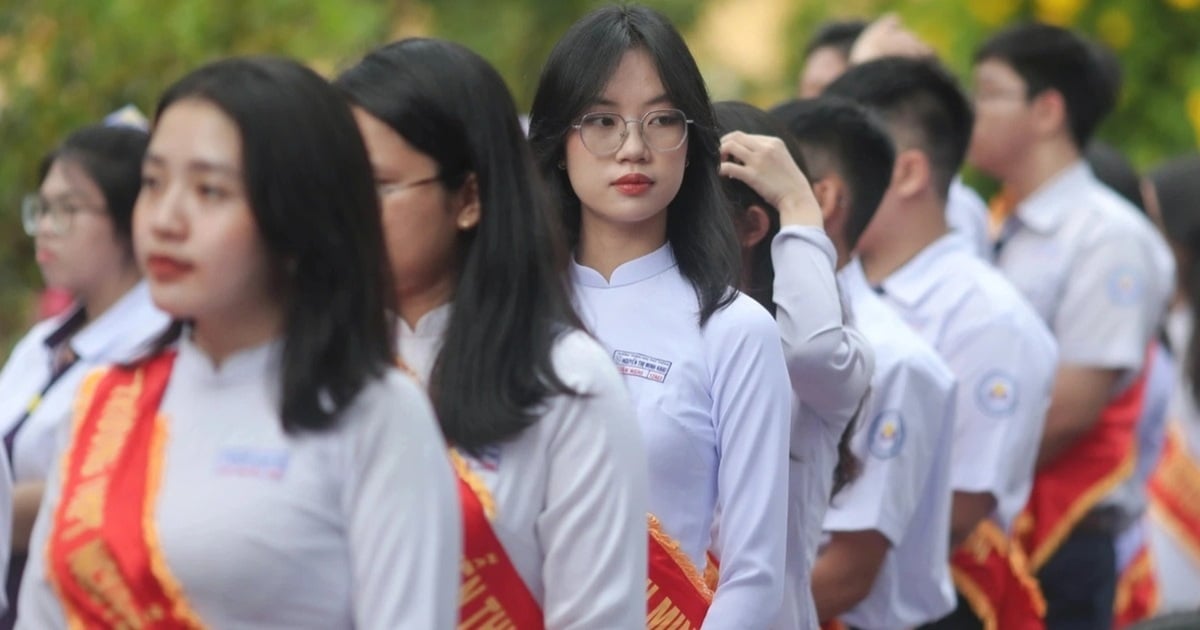
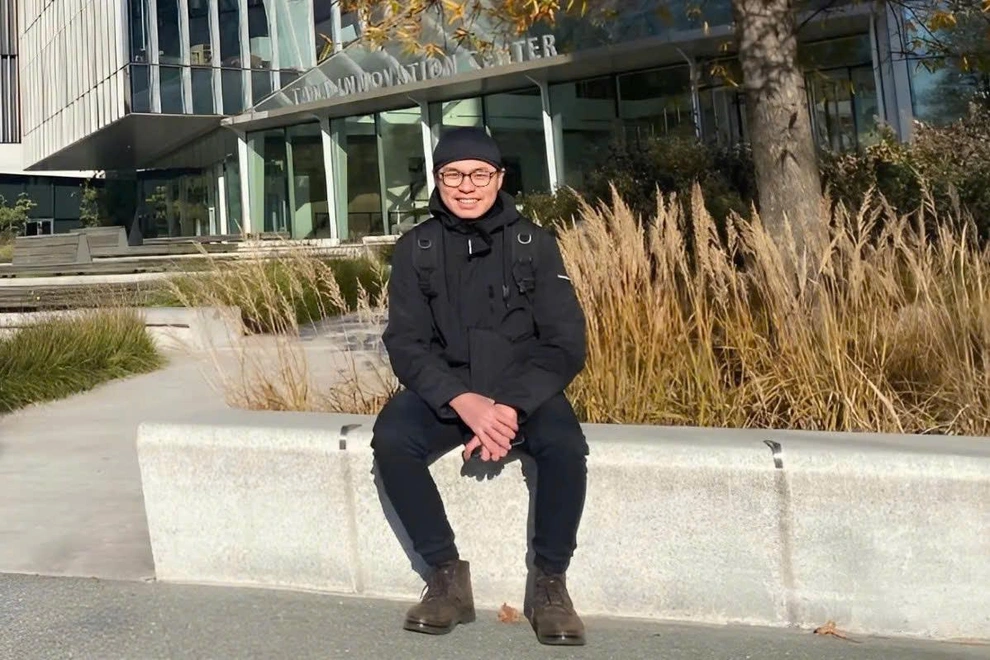
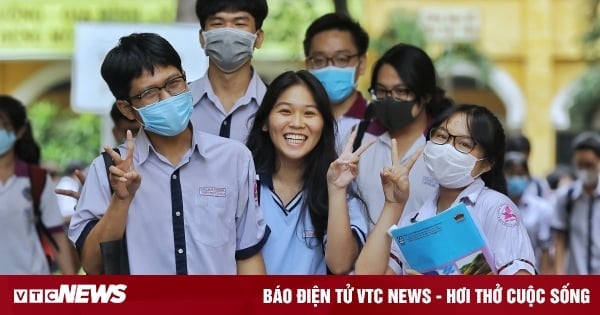


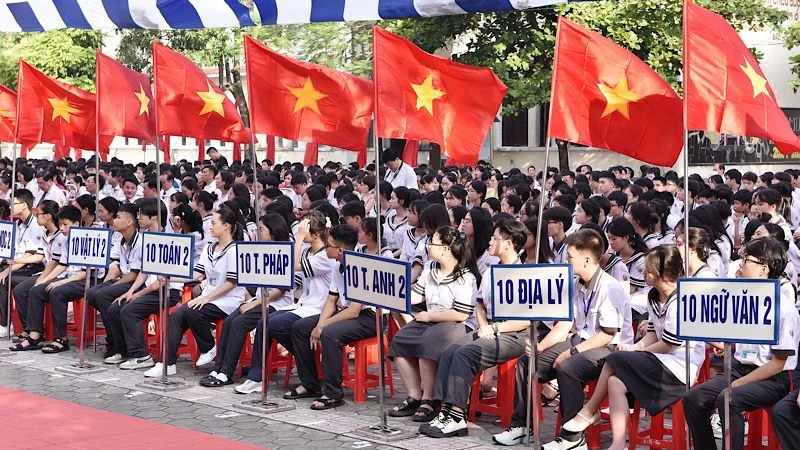
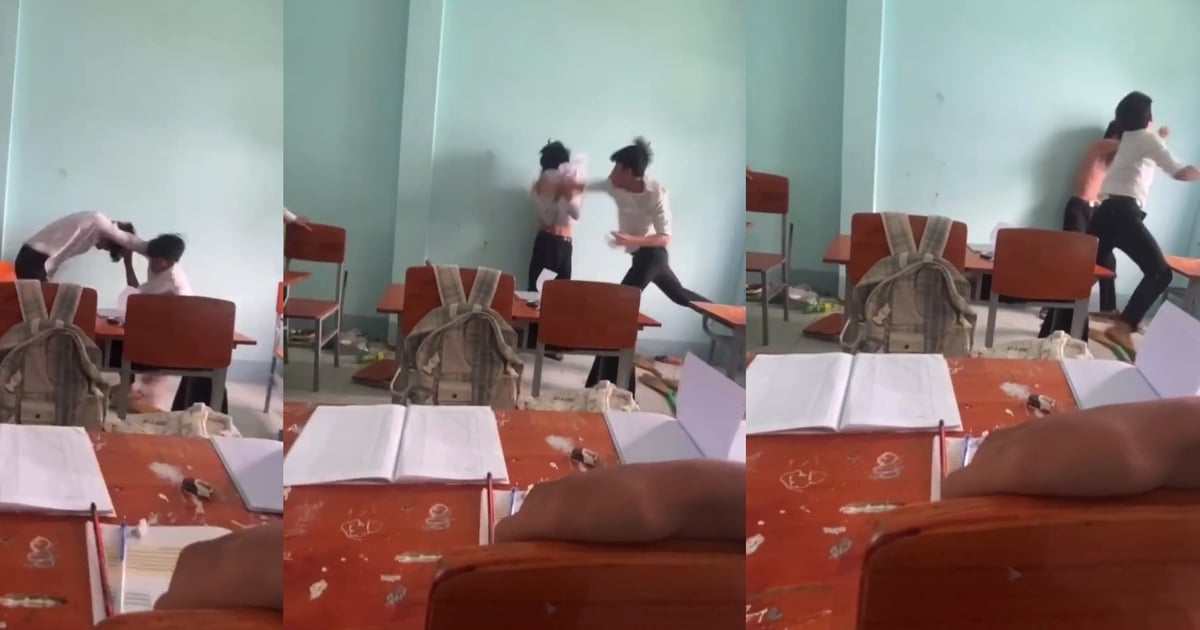
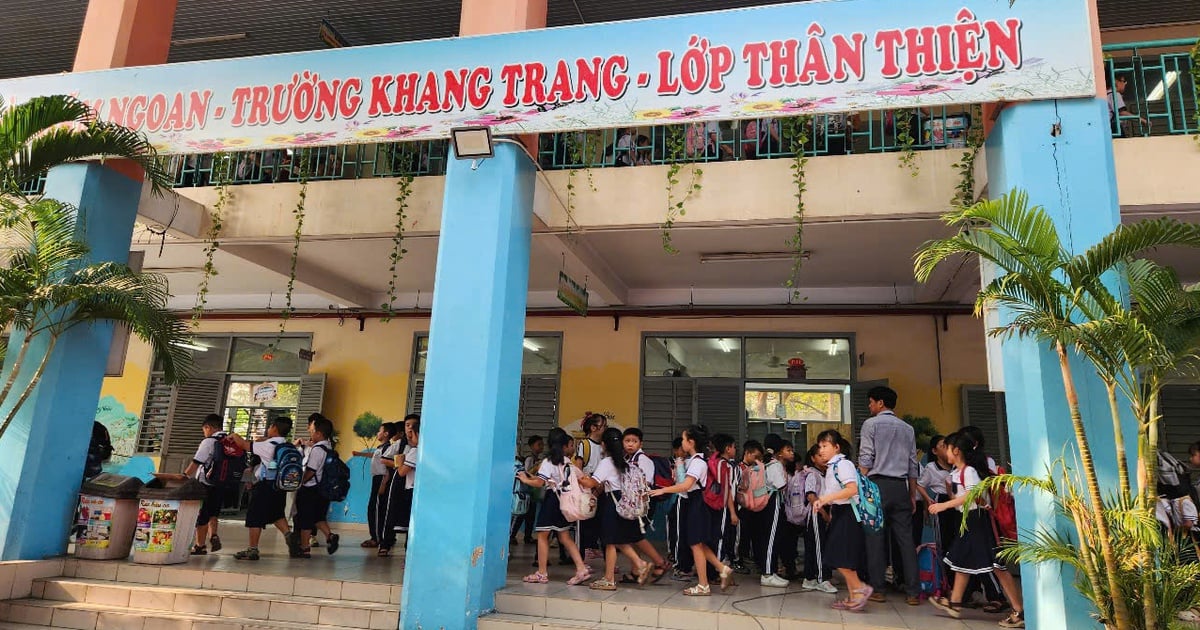
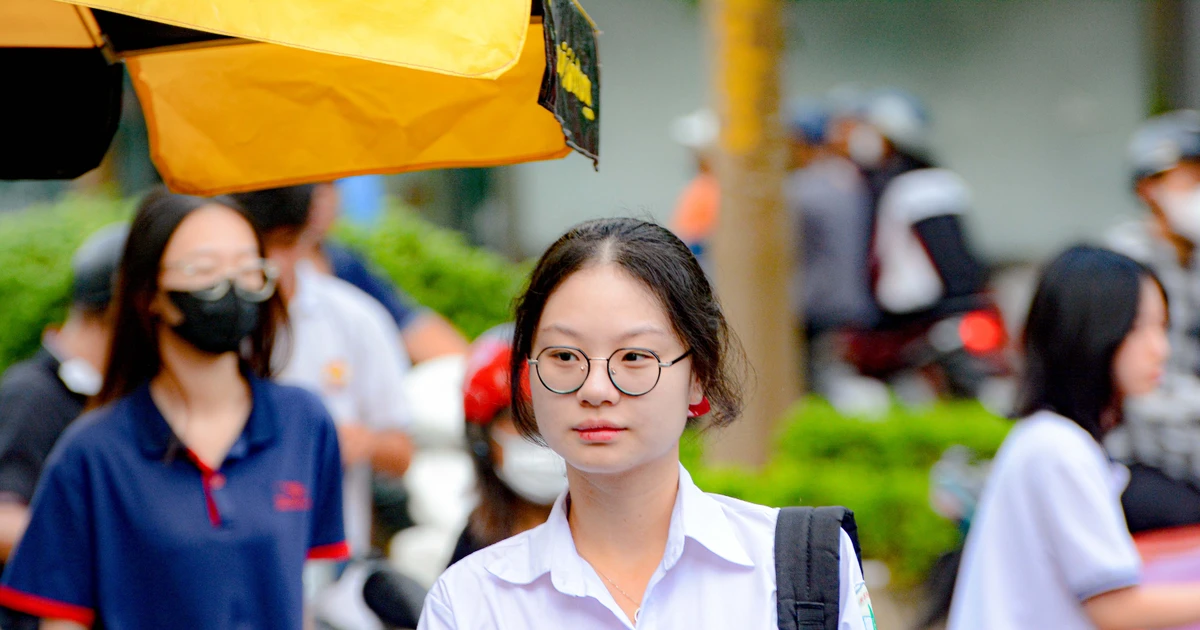
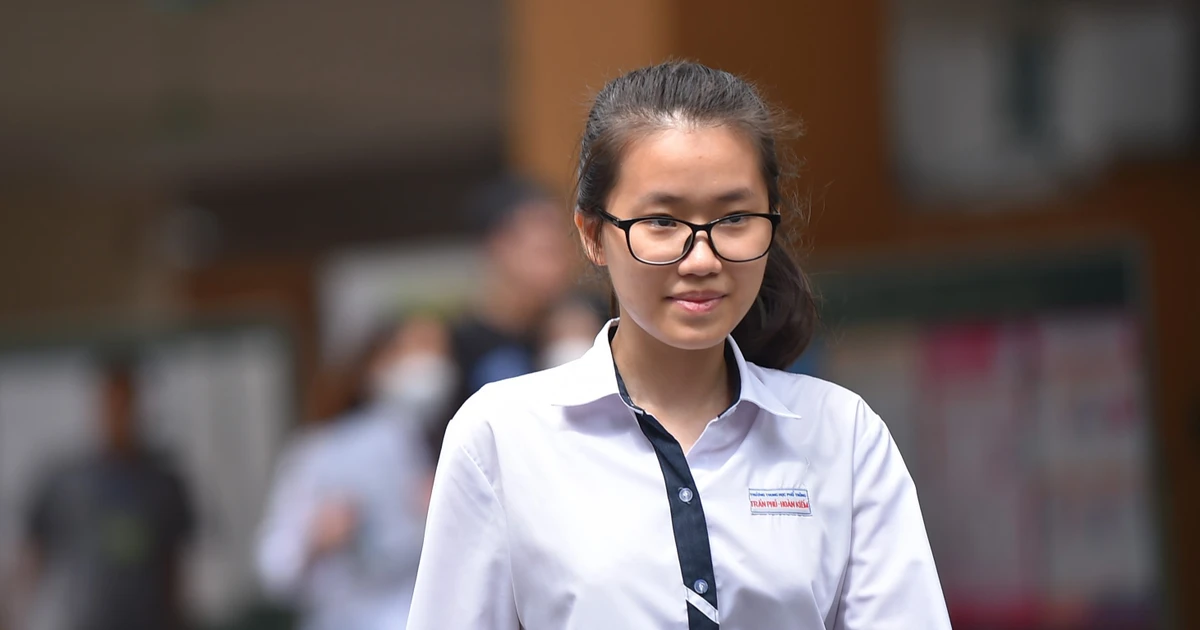









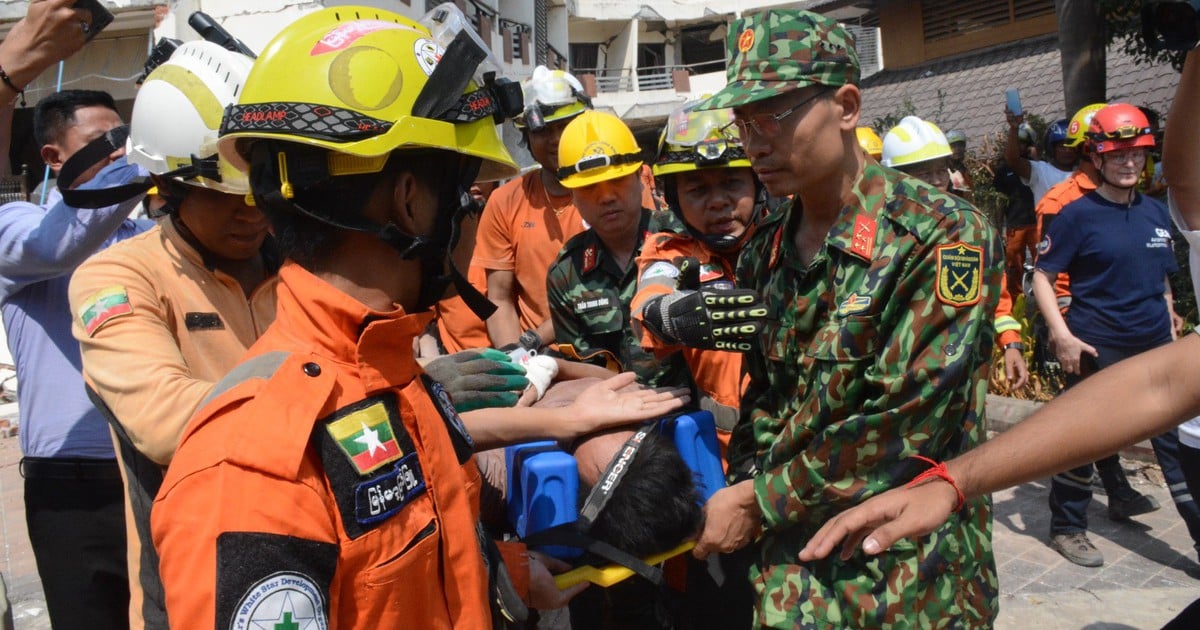










































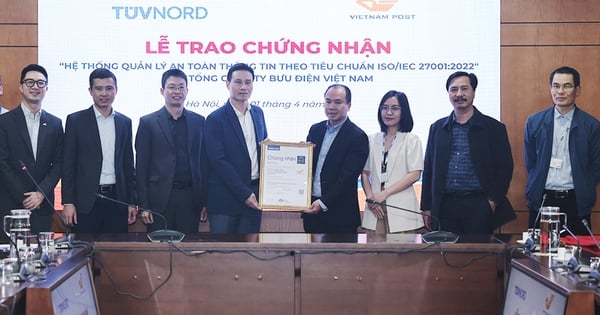

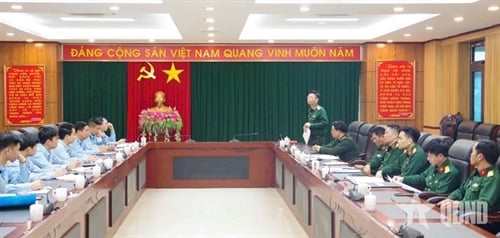
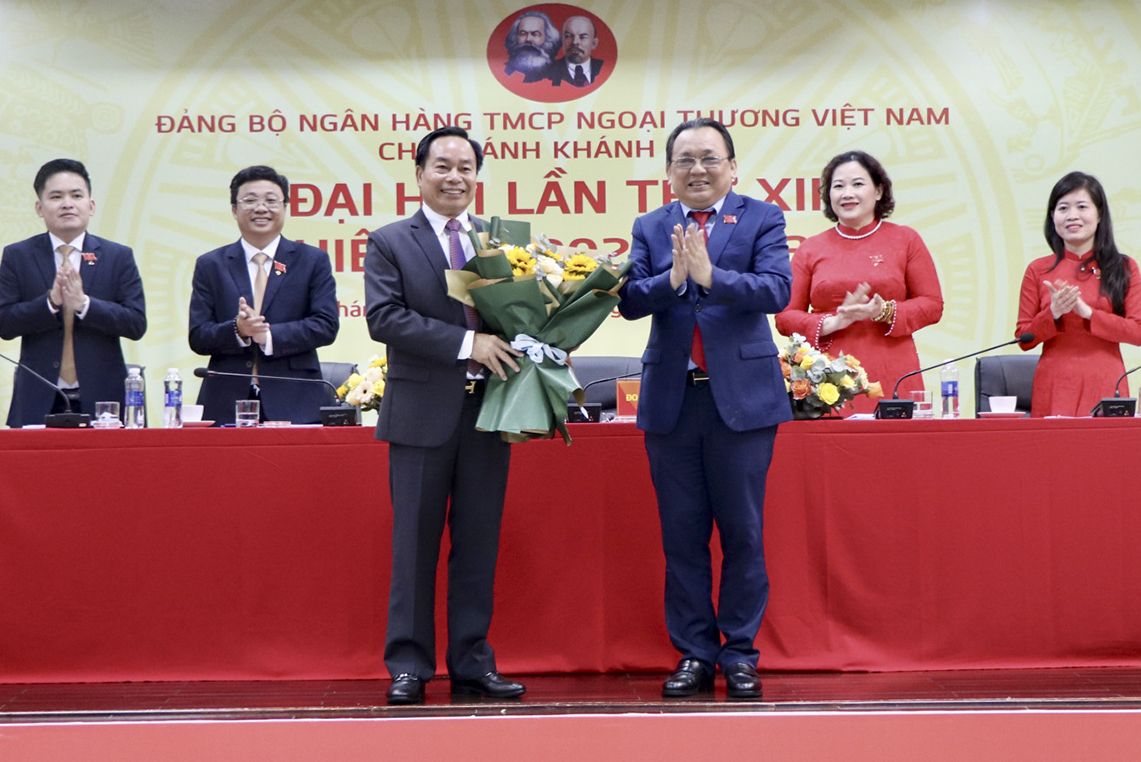
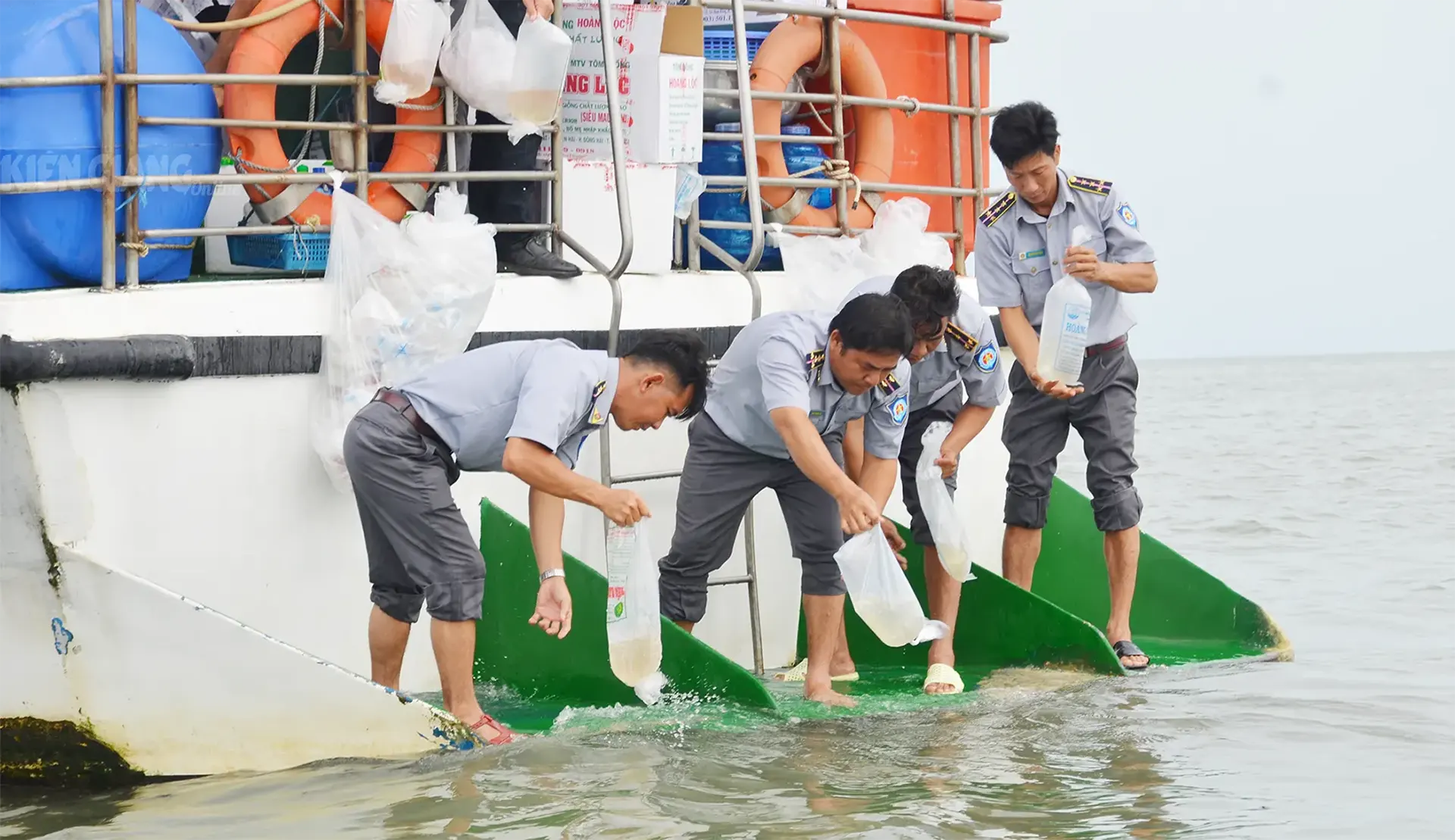

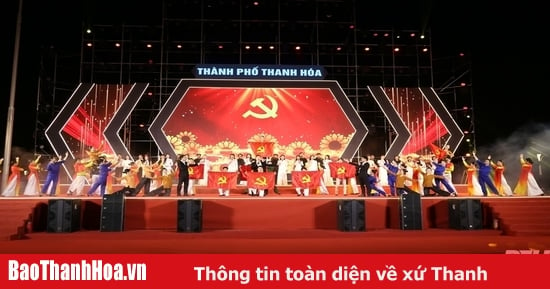














Comment (0)